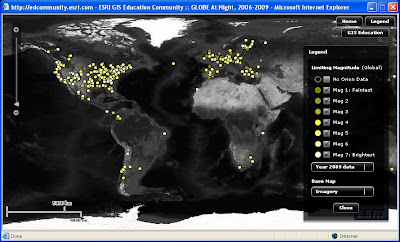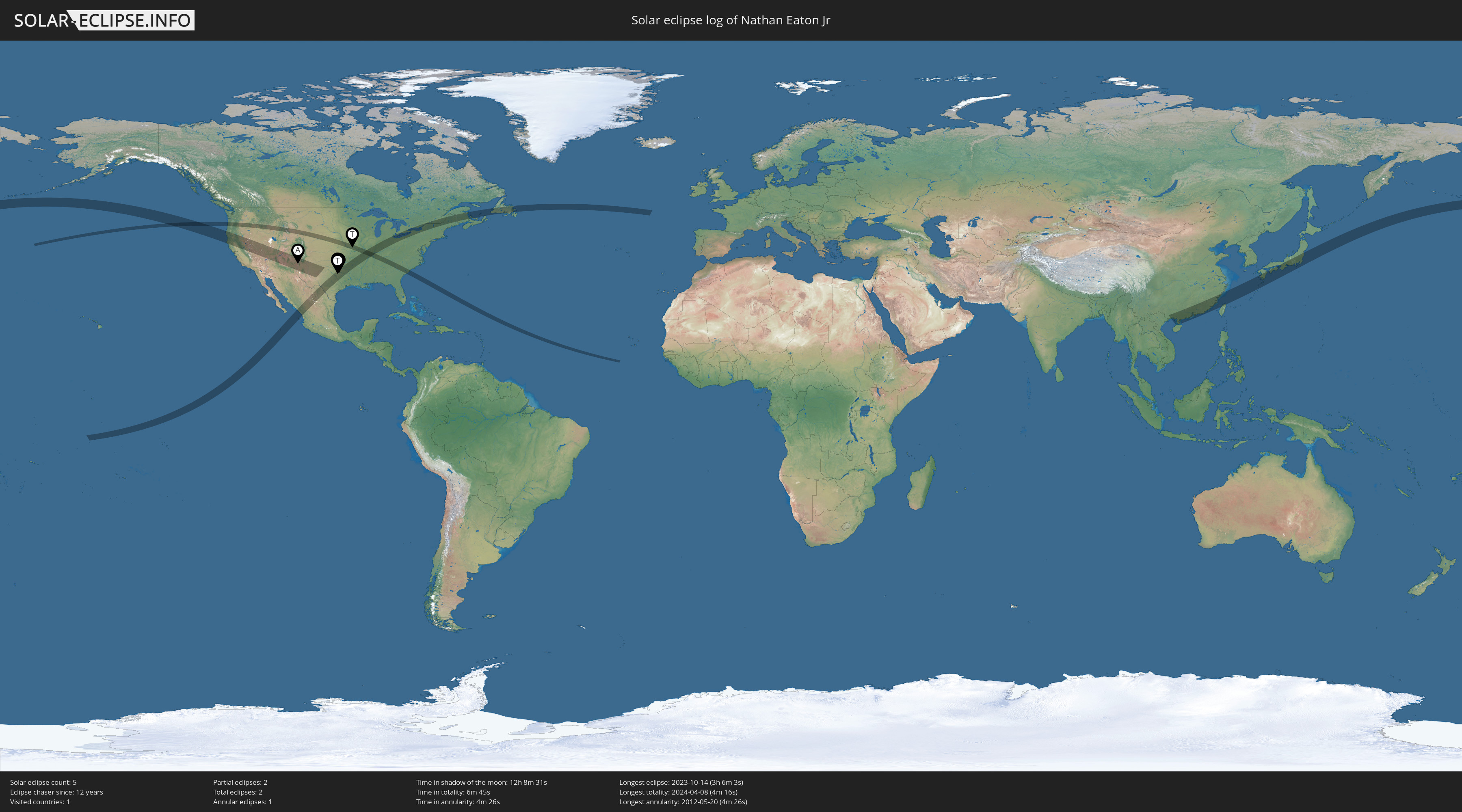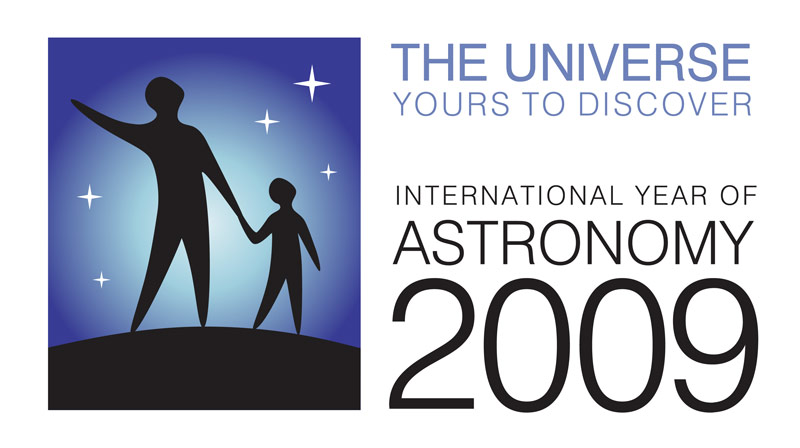This Saturday, March 28th, at 8:30pm local time all across the United States and the rest of the world, people and businesses will heed the World Wildlife Fund call to turn off their lights for an hour to express their concern for global climate change and commitment to finding a solution. Called Earth Hour, it is a great way to cast your vote for Planet Earth.
The list of supporters who've pledged to participate is growing and includes some historic sites including the Pyramids in Egypt, the Acropolis in Athens, the Broadway Theater District, the Space Needle in Seattle and the Chrysler Building in New York. You can hear actor and Earth Hour USA Ambassador Edward Norton discuss Earth Hour with Larry King on Wednesday, March 25th at 9 pm ET on CNN.
We're also celebrating here in Dallas. In anticipation of much of downtown Dallas going dark, the Texas Astronomical Society of Dallas is conducting a star party. Everyone is invited to join attend at West Village in uptown Dallas this Saturday night starting at 7:00 pm. TAS members will be out with their telescopes and the Dallas Museum of Nature and Science Planetarium staff will have their portable planetarium set up. The real excitement should start at 8:30 pm as downtown lights go out. Come on out and join us! For more information including directions, go to the TAS homepage.























 The journey continues beyond 2009... check it out!
The journey continues beyond 2009... check it out!
